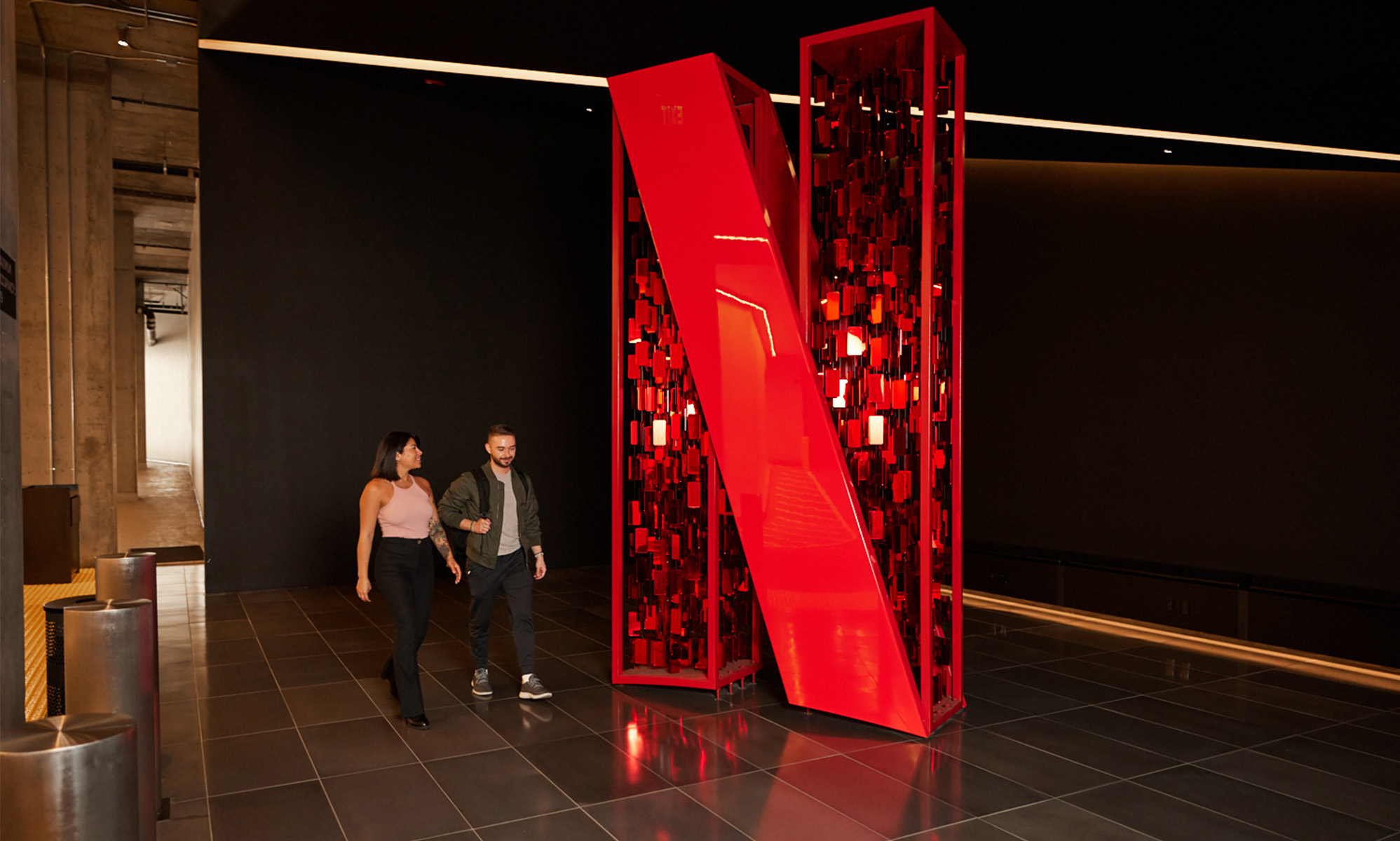Legislators in Japan have paved the way for integrated casinos and resorts to operate in their country after a years-long lobbying campaign from the gaming industry to win over the Liberal Democratic Party. Analysts predict that this could be a massive opportunity for the few companies that win licenses to build resorts there, amplified by the coming 2020 Olympics in Tokyo.
In this segment of the Industry Focus: Consumer Goods podcast, Vincent Shen and Seth McNew discuss why companies like Las Vegas Sands and others are willing to bet billions in this market.
A full transcript follows the video.
This video was recorded on April 13, 2017.
Vincent Shen: I'm sure the gaming industry is revving its engine right now, anticipating the opportunities in Japan. We talked about this earlier this year, the fact that the government in Japan essentially approved the beginning of the process to open some integrated resorts in that country. Some of the really bullish initial forecasts put the size of the Japanese gaming market as high as $25 [billion] to $40 billion. That's based on the popularity of gambling-like games that currently exist in the country. Some of the more conservative estimates come in at around $5 [billion] to $10 billion. I think the entity that ultimately holds the key to exactly how lucrative and large the market becomes is, of course, the Japanese government. They're in the process now of deciding the rules and regulations for the industry -- where the resorts can open, how they'll operate. Do you think companies are overly optimistic, hoping for a way out of the volatility that can happen in Macau? Ultimately, how do you think things will shake out for Japan?
Seth McNew: I don't know if I would say overly optimistic. Even on the low side of those estimates, that's a really big bump in the gaming industry, and also for something that's diversified.
Shen: Yeah, it's like a second Vegas, admittedly.
McNew: A second Vegas that's in a new country, a country where you can expect some new attention being paid to it because of the 2020 Olympics coming up. So, even if it's on the low end of that, I think every one of these companies should be excited about trying to get a resort there.
Shen: Some of the comments that management and the leaders at these companies have made, to give you a sense of exactly how powerful and how excited they are for this opportunity -- for example, I have Sheldon Adelson, the Las Vegas Sands founder and CEO. He's called Japan the ultimate opportunity for his business going forward, and he has aims to spend something like $10 billion in that market once things kick off. Then, there's also Lawrence Ho, CEO at Melco: He's basically echoed that sentiment. He said, "This opportunity is priceless, and we will spend whatever it takes to win." So, obviously, the leaders of these companies, the leaders of that industry, the bullishness that they are showing, should give investors an idea -- once we have a better idea of what the regulations will shake out to -- whether there are limitations, just as an example, in Singapore, as a permanent resident or citizen, they charge an entry fee, because they want to limit any negative effects that the gaming industry can have, or that these casinos can have. In that region, there has been some talk, some rumors that there might be something similar. So, whether this goes from $5 [billion] to $10 billion, or as big as $25 billion, as the more optimistic people hope it will be, it's going to really depend on how some of that regulation ultimately shakes out.





